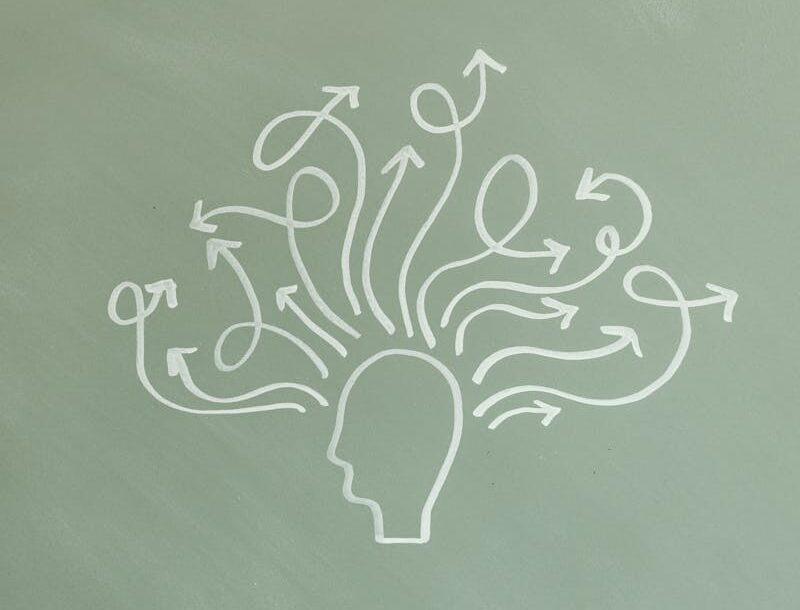Many people think mindfulness practice means emptying the mind and suppressing thoughts. This is a misunderstanding. First, we need to clarify the purpose of mindfulness practice: it is to train our awareness and attention and to learn to control them.
So whether it’s meditation, mindful breathing, mindful walking, or mindful eating, all these practices serve to train our awareness and attention. The goal of mindfulness is not to empty the mind.
“Emptying the mind” is simply a phenomenon that may occur during the practice. For example, during meditation, when we focus our attention on the breath and manage to stay fully aware of the sensation of each inhale and exhale at a specific point in the nostrils, the mind naturally has no room to wander, and thus, no new thoughts arise.
Therefore, “emptying the mind” is not the goal, but a side effect. Making it the goal would be putting the cart before the horse.
Similarly, mindfulness practice does not mean suppressing thoughts. Suppression implies forcefully eliminating thoughts after they arise, or trying to prevent them altogether. But that’s against the nature of the mind. We can’t just command the brain to stop producing thoughts.
What we can do is anchor the mind by controlling our attention. Trying to constantly suppress thoughts will only make the mind more restless and active. Suppression only increases tension and frustration.
So what attitude should we adopt toward the thoughts that arise during practice?
Simply let them go. That’s what mindfulness trains us to do. Every time our attention drifts, the mind wanders and produces thoughts. When we realize we’ve drifted, we remember the principles of mindfulness: non-judgment and acceptance.
See the thoughts for what they are — no need to judge them or judge ourselves for getting distracted. Just observe them, notice how you feel in that moment, and gently return your attention to the focus of your practice. Every time you bring your attention back, that’s a real and valid exercise. Hundreds or thousands of these repetitions gradually strengthen your ability to control attention and awareness — just like doing bicep curls in the gym strengthens your arms.
You may start to notice that, while it once took minutes to realize you were distracted, now it only takes seconds, and returning your focus feels smoother and less of a struggle. That’s a sign your “mental muscles” are getting stronger.
I hope this helps clear up common misunderstandings, so they don’t affect your practice or quality of life.




